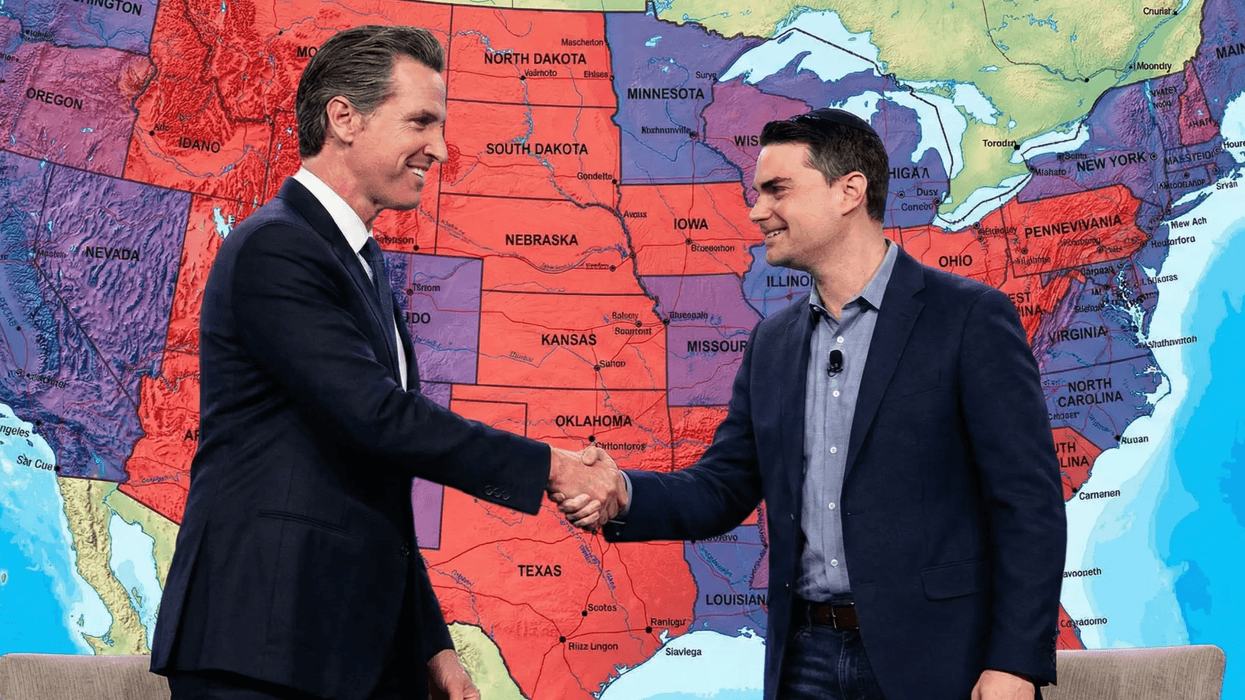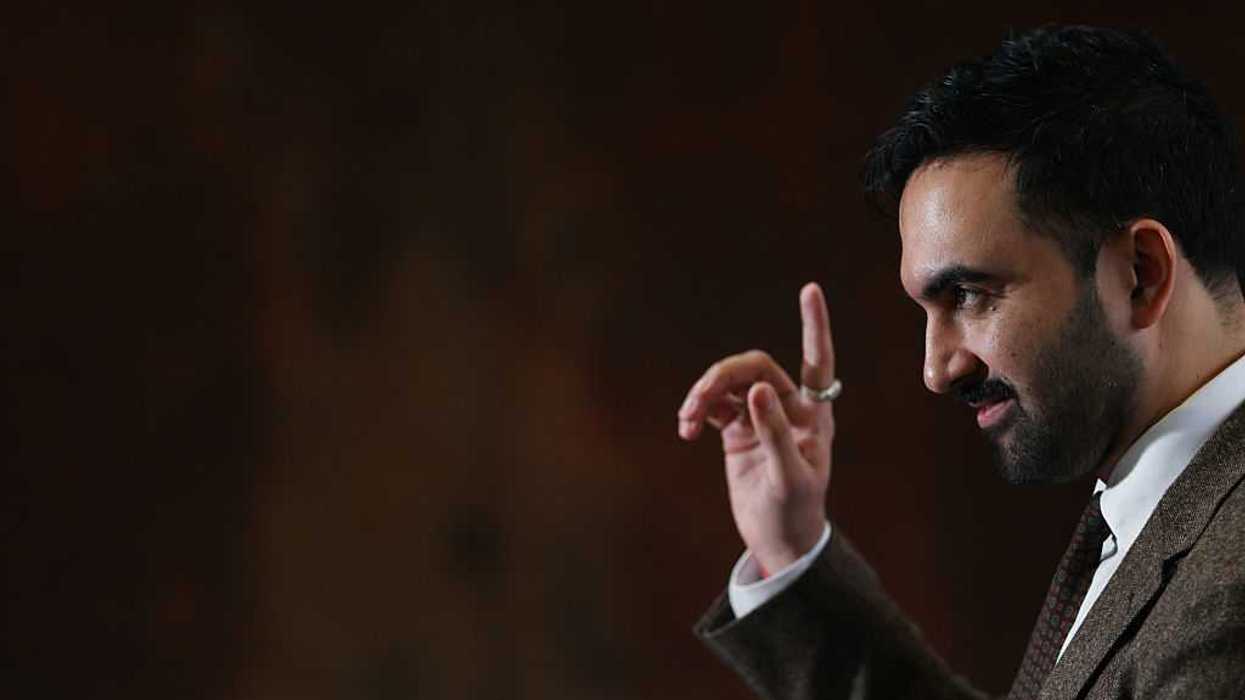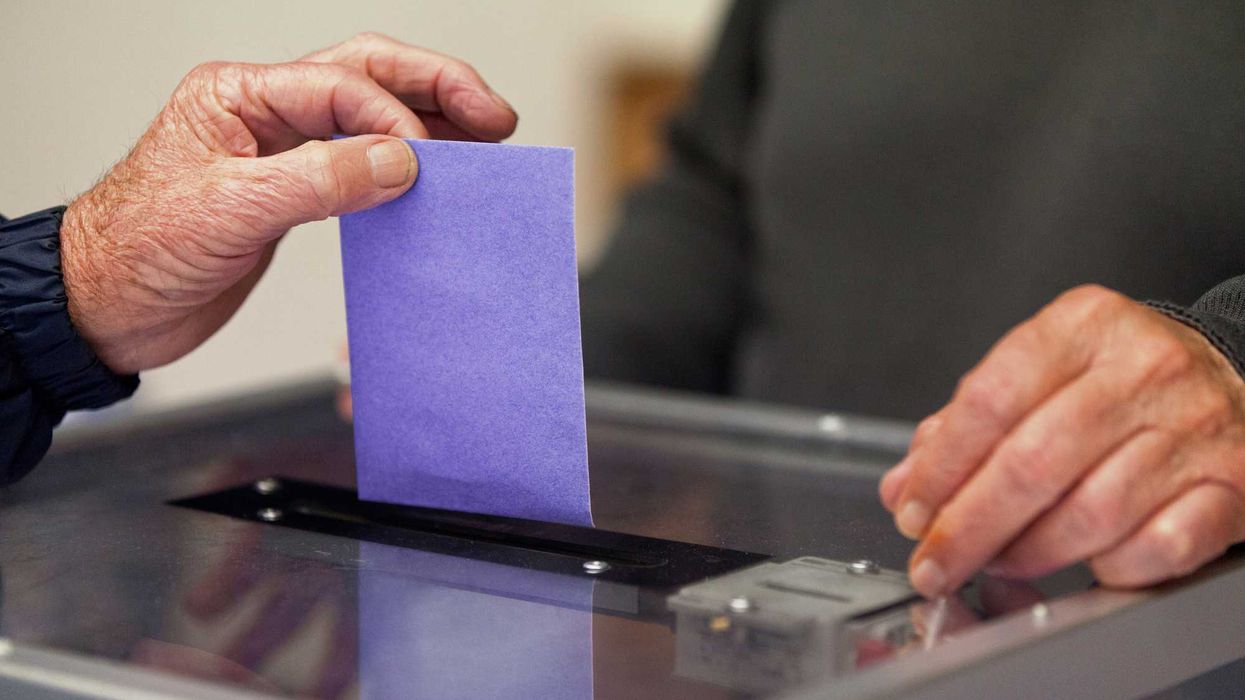Coan is the co-founder and executive director of More Like US.
When it comes to political polling, a couple of percentage points in either direction can easily change our thinking about potential outcomes.
But I want to address the other extreme: polling showing gaps of roughly 40 or 50 percentage points.
Americans dramatically overestimate the share of people in the other political party who support politically motivated violence. Data from the Polarization Research Lab shows that Americans on average think 40 percent to 50 percent of those in the other political party support politically motivated violence, but the real figures are in the low single digits.
It is vital during and after the election to make it clear to the public that the vast, vast majority of Americans do not support political violence. Otherwise, many fellow Americans can seem like potential violent threats, when in reality they overwhelmingly would not support such actions. It is vital to frequently repeat these statements throughout civil society, a step the organization I run, More Like US, will take during and after the election.
For those who want to get into the details, the Polarization Research Lab surveys roughly 1,000 Americans each week, asking a series of questions about support for increasingly intense and highly specific situations concerning cross-partisan violent actions. For a couple of these questions (on assault and murder), Americans are also asked about their perceptions of the share of those in the other party they think would support such actions.
The results are stark and essentially symmetrical, with Republicans and Democrats equally misperceiving each other. According to the data, only 3 percent to 4 percent of both Republicans and Democrats would support cross-partisan assault, yet Americans in each party think roughly half of those in the other party would support this. (The question asked is specific about someone convicted of throwing rocks at peaceful protestors from the other party, resulting in a man with a head wound but no serious injuries.)
The gaps are broadly similar for politically motivated murder, with 1 percent to 2 percent of those in each party actually supporting such actions, but those in each party think about 40 percent of those in the other party would support it. (In this case, the question asked is specific about someone convicted of stabbing a prominent member of the other party to death.) Results have been stable for two years of asking these questions weekly.
Some who are familiar with other data are probably aware of other figures that suggest greater support for political violence. However, those questions tend to be much more general. Once specifics are added, actual support for violence plunges.
Correcting misperceptions ideally happens before violence breaks out. As the Polarization Research Lab data shows, the vast majority of Americans do not support random acts of political violence. Concerningly, Americans are much more supportive of actions defending themselves, if those in the other political party first initiate cross-party violence. Luckily, that research also shows correcting inaccurate violence perceptions of those in the other party can reduce support for political violence itself.
If violence has already broken out, research among Israelis and Palestinians promisingly shows, correcting misperceptions of violence during a violent outbreak is still helpful.
Clearly any amount of support for violence is troubling, but it is much better to have a situation in which a small fringe of a few percent of Americans support it, rather than roughly half of Americans. And compared with the few percent who may express support, even fewer will ever seriously think of committing an act themselves. For the few who are violent, thankfully there are groups such as the Prevention Practitioners Network to keep Americans safe.
I encourage you and your organizations to broadcast this message. It can be as simple as saying very few Americans support political violence. It is possible to share existing resources, such as a video from All We Share and Common Ground USA highlighting political violence misperceptions and the 99.99 percent of Americans who do not choose violence. Over Zero has a media guide series about how journalists should cover political violence, essentially boiling down to providing context, highlighting the right actors (victims and problem-solvers) while not platforming perpetrators, and being specific with up-to-date information. Though time is running out to create new content, More in Common has great advice to show a “ journey of persuasion,” in this case, telling the story of people going on a “journey” from thinking many on the other side support political violence, to ultimately realizing that few actually do.
America can have a peaceful transition of power. Let’s not let distorted perceptions of each other get in the way.




















